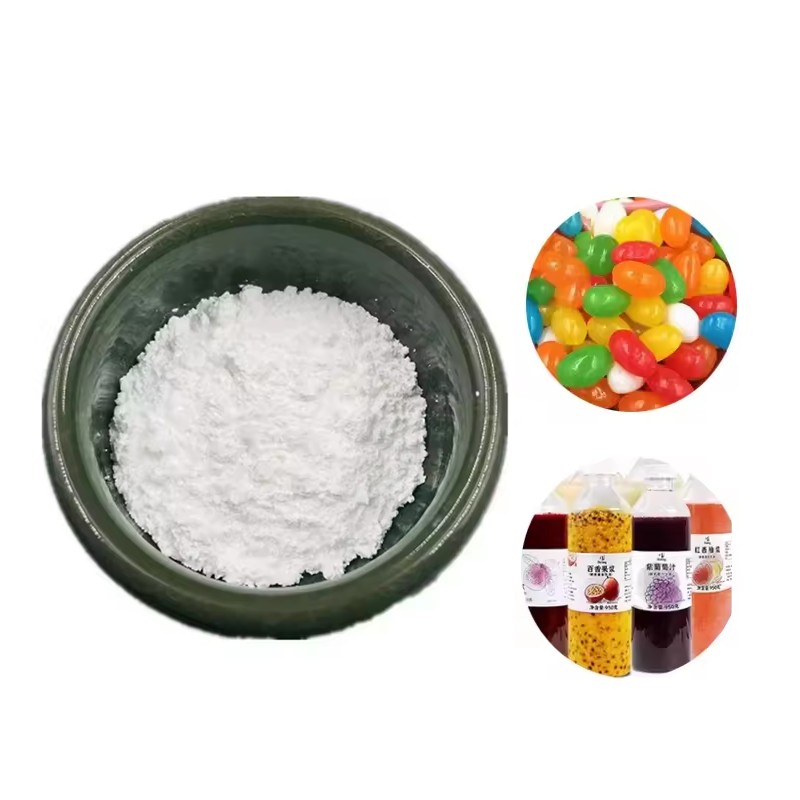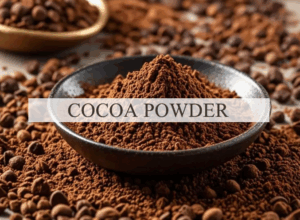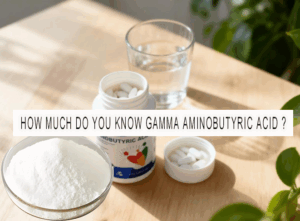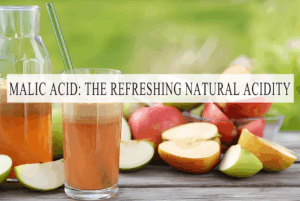What Is Sodium Alginate?
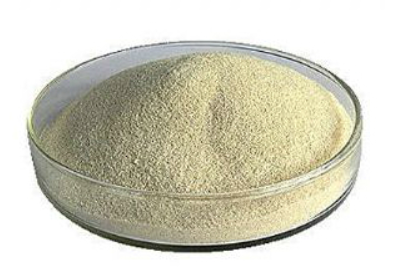
Sodium alginate is a natural substance extracted from brown seaweed like kelp and sargassum, and it has been used in many industries for decades. It looks like a white or pale yellow powder, is odorless and tasteless, and dissolves in water to form a sticky liquid. Its biggest advantages are safety—plus, when it comes into contact with minerals like calcium, it turns into an elastic gel, similar to the jelly we usually eat. This property is what makes it useful in so many different ways.

What Special Abilities Does It Have?
First, sodium alginate dissolves well in water, and the viscosity of the liquid it forms can be adjusted—you just need to change the amount you use to make it thinner or thicker. It stays stable at room temperature, and even if you heat it a little, it won’t easily go bad as long as the temperature doesn’t exceed 80°C. That’s why it’s great for making processed foods or daily products. Additionally, the process of it turning into gel is gentle—it won’t damage the nutrients or active ingredients inside. For example, when mixed with milk or fruit juice, it keeps those ingredients as they are.
More importantly, it comes from natural sources and can break down into harmless substances in nature, so it doesn’t pollute the environment. It also doesn’t irritate the human body—even if it touches your skin or you accidentally eat a small amount, there won’t be any bad reactions. This is a key reason why it’s used in food and skincare products.
Where Do We Use It?
The “Invisible Helper” in Food
In the food industry, sodium alginate is like a “multi-tasker.” Adding a little to ice cream or yogurt makes the texture smoother, so there are no hard ice crystals. When baking bread or cakes, it helps bind fillings together so they don’t fall apart. Even some vegetarian meatballs and meat substitutes rely on it to get a chewy texture.
Uses in Daily Life and Health
Sodium alginate is also useful in skincare and wound care. Some moisturizing masks contain it because it locks in moisture better and fits more closely on your face. When used to make wound dressings, it absorbs fluid from wounds and forms a protective film to help wounds heal—this is especially gentle for hard-to-heal chronic wounds or minor burns.
It’s also used to make eco-friendly materials. For example, some biodegradable packaging films are made from sodium alginate; when you bury them in soil after use, they decompose on their own, unlike plastic which pollutes the environment. In agriculture, coating seeds with it helps lock in moisture, leading to higher germination rates.
A Helper in Other Industries
Beyond food and health, Sodium alginate extracted from seaweed is directly used to make plastic wrap. It is simple to operate, with low raw material and technical costs, good biodegradability and safety, and has broad application prospects. Koen Dewettinck et al. studied the foaming properties and film-forming ability of hydrophilic colloids such as sodium alginate, laying the foundation for the production of sodium alginate film. There are many studies on the fresh-keeping properties of sodium alginate film in China, but they mainly focus on edible coatings. Sodium alginate is used as a film-forming matrix and compounded with locust bean gum. The performance of the film is improved by an organic calcium cross-linking agent. The prepared plastic wrap is used for short-term storage of watermelon, and good results have been achieved.
Its Development Story
People actually discovered this substance in seaweed a long time ago, but large-scale use didn’t start until nearly a hundred years ago. At first, it was just a by-product of extracting other substances. Later, people gradually found out about its various abilities, and its uses became wider and wider. Now, you can find it in daily snacks, skincare products, and even industrial materials. And as technology improves, people keep discovering new uses for it—like more eco-friendly packaging and gentler medical materials.

Why Is It Called an “All-Purpose Helper”?
Extracted from seaweed, sodium alginate is both natural and safe. It can also turn into a thick liquid or elastic gel as needed—this flexibility lets it work in many scenarios. Whether it’s making food tastier, helping wounds heal, or reducing plastic pollution, it plays a useful role. It also meets people’s current pursuit of “natural and environmentally friendly” products, so it’s becoming more and more indispensable in daily supplies and industrial production. In the future, there may even be more unexpected places where we’ll use this “all-purpose helper” from seaweed.

